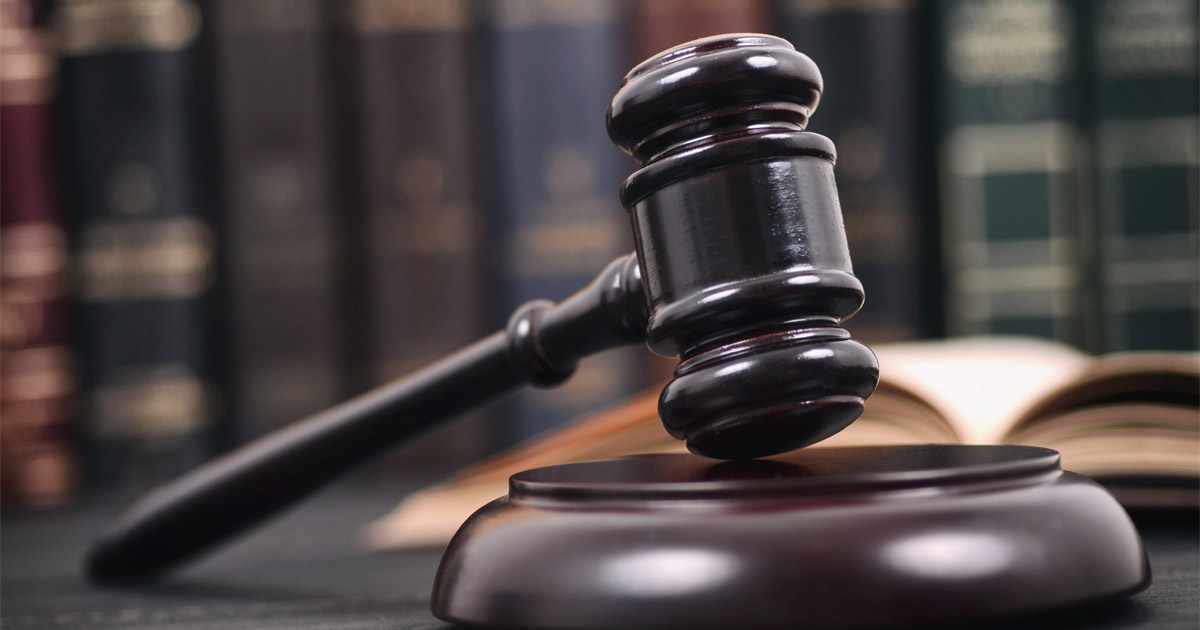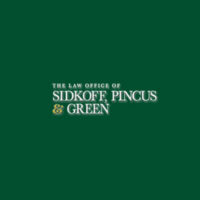Sidkoff, Pincus & Green P.C. Successfully Defends Appeal to the Pennsylvania Supreme Court

In an opinion issued on June 16, 2020, the Supreme Court of Pennsylvania Eastern District upheld an earlier ruling favoring Tel-Stream Inc. and its owner, Yury Karnei, a subcontractor that services cellular towers. Attorney Gary Green of Sidkoff, Pincus & Green P.C. represented Tel-Stream and Mr. Karnei.
Tel-Stream performed work for the appellant Rullex, a telecommunications construction company. Sometime after commencing the work, Mr. Karnei, on behalf of Tel-Stream, signed a master service agreement and non-competition agreement with Rullex. The non-competition agreement prohibited Tel-Stream from working for Rullex competitors. Mr. Karnei has a limited understanding of English and believed his company was free to perform services for competitors after it finished working for Rullex.
Subsequent to completing the Rullex project, Tel-Stream accepted a job from Invertice, a Rullex competitor. Rullex filed a lawsuit claiming that Mr. Karnei and Tel-Stream had breached the restrictive covenant. Rullex also filed a Motion for Preliminary Injunction to stop Tel-Stream and Mr. Karnei from working. During the initial preliminary injunction litigation, the parties testified that the non-competition agreement had been signed at a minimum months after Tel-Stream began working for Rullex. Attorney Gary Green argued that since the non-competition agreement was signed after Tel-Stream began working, and Rullex did not pay Tel-Stream additional consideration, then the non-competition agreement was unenforceable.
The Philadelphia Court of Common Pleas ruled in Tel-Stream’s favor, however, Rullex appealed to the Pennsylvania Superior Court. After the Superior Court ruled in Tel-Stream’s favor, Rullex then appealed to the Pennsylvania Supreme Court. In the Pennsylvania Supreme Court’s decision, Chief Justice Saylor wrote that the Common Pleas Court had acted properly in denying Rullex the motion for injunctive relief because Rullex failed to present evidence that Tel-Stream understood and accepted the terms of the non-competition agreement at the time it started working for Rullex.
Philadelphia Restrictive Covenant Lawyers at Sidkoff, Pincus & Green P.C. Help Clients with Non-Compete Agreements
Non-compete and non-disclosure agreements are the two most common types of restrictive covenants that employers use to protect their business interests. It is not unusual, however, for questions to arise regarding the legality of restrictive covenants. The skilled Philadelphia restrictive covenant lawyers at Sidkoff, Pincus & Green P.C. are familiar with the nuances of these agreements and have been at the forefront of precedents established by Pennsylvania courts. If you have concerns about your restrictive covenant agreement, please call us at 215-574-0600 or contact us online for an initial consultation. Located in Philadelphia, we serve clients throughout Pennsylvania and New Jersey.

















 In the case of Jaiden Buchan v. The Milton Hershey School, the Pennsylvania Superior Court recently ruled that the clock does not stop on the statute of limitations for making a claim in state court, simply because someone voluntarily withdraws a lawsuit. Buchan filed a complaint against the school in December of 2016, alleging that the school had violated the Americans with Disabilities Act (ADA) and the Fair Housing Act. She voluntarily withdrew her lawsuit against the school on June 19, 2017. The plaintiff filed a writ of summons in July of 2017, but the court ruled that the voluntary withdrawal of her lawsuit was not the same as a federal court dismissing the case for lack of jurisdiction.
In the case of Jaiden Buchan v. The Milton Hershey School, the Pennsylvania Superior Court recently ruled that the clock does not stop on the statute of limitations for making a claim in state court, simply because someone voluntarily withdraws a lawsuit. Buchan filed a complaint against the school in December of 2016, alleging that the school had violated the Americans with Disabilities Act (ADA) and the Fair Housing Act. She voluntarily withdrew her lawsuit against the school on June 19, 2017. The plaintiff filed a writ of summons in July of 2017, but the court ruled that the voluntary withdrawal of her lawsuit was not the same as a federal court dismissing the case for lack of jurisdiction.